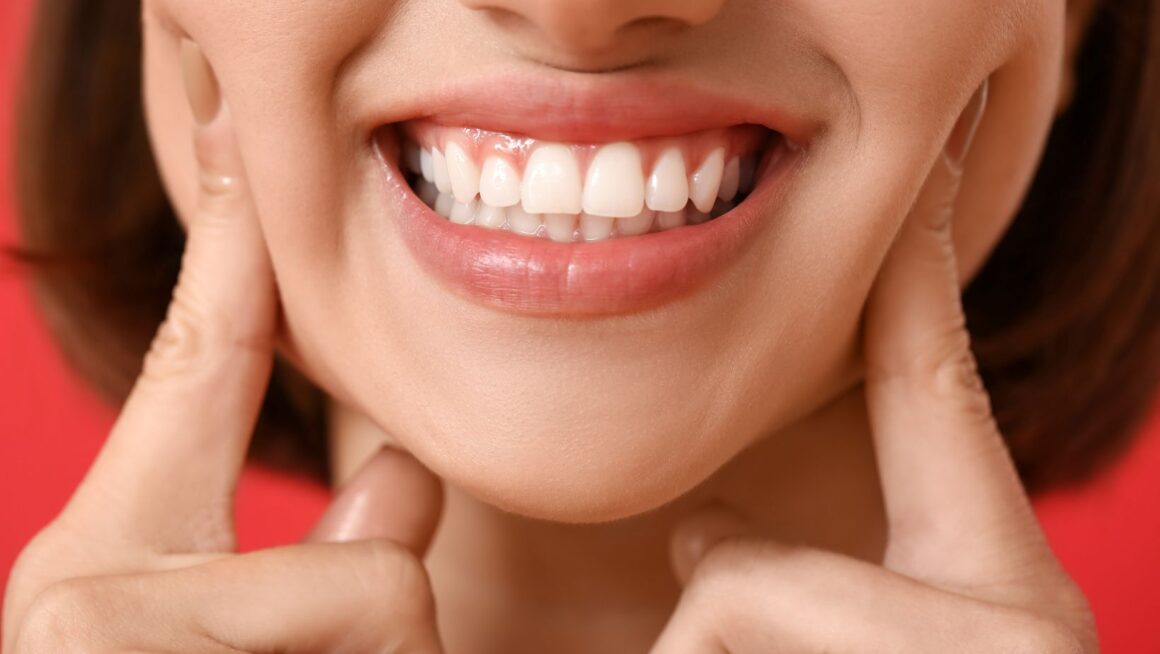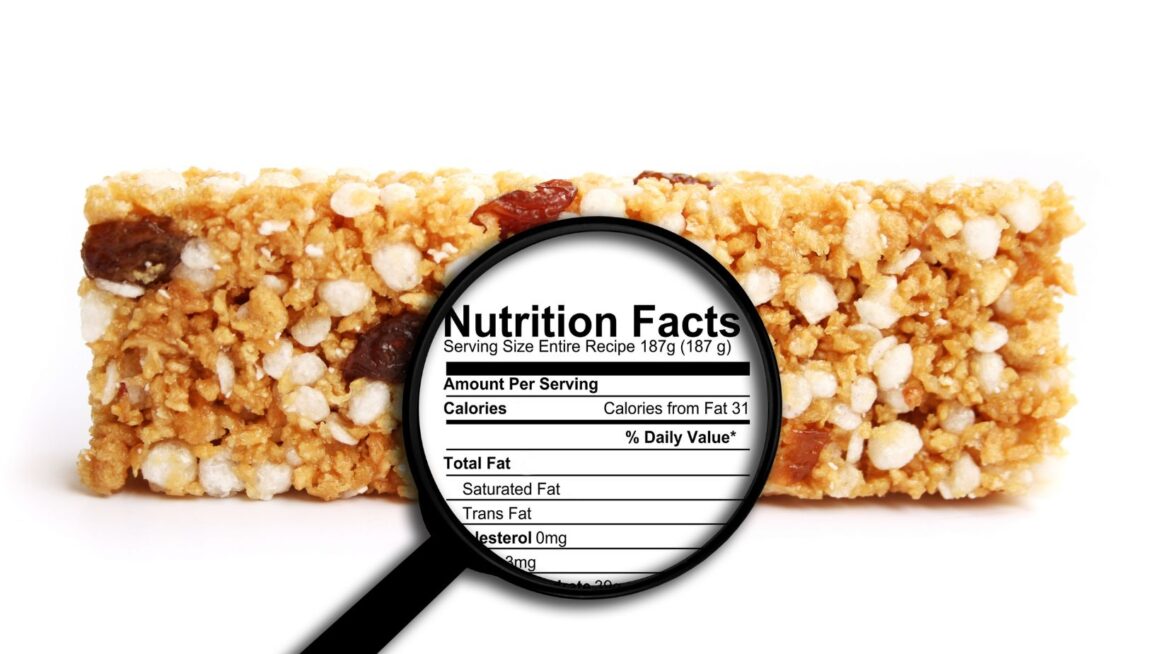Maintaining excellent oral hygiene is crucial not only for a beautiful smile but for overall health as well. From preventing dental decay to avoiding serious diseases like periodontitis and even heart disease, the importance of oral care cannot be overstated. This comprehensive guide will delve into advanced strategies for keeping your teeth and gums in top shape, ensuring you can smile with confidence and enjoy good health.
The Foundation of Good Oral Hygiene
Before we explore advanced care techniques, it’s important to revisit the basics of good oral hygiene. Regular brushing and flossing are the cornerstones of dental care. Brushing twice a day with fluoride toothpaste and flossing at least once a day are essential practices. However, for those looking to elevate their oral care routine, visiting a professional for advice and treatment is key. For instance, a Fortitude Valley dentist can offer personalized advice and advanced treatments that cater specifically to your dental needs.
Advanced Brushing Techniques
Upgrade Your Tool Kit
Consider investing in an electric toothbrush with multiple brushing modes to tackle different needs such as gum care, whitening, and sensitive teeth. Electric toothbrushes are especially effective at reducing plaque and gingivitis more than manual toothbrushes.
Brushing Method
Use a timer to ensure you’re brushing for the recommended two minutes. Pay attention to the angle of your brush; it should be at a 45-degree angle to your gums. Move it in a circular motion rather than back-and-forth to avoid damaging your enamel and gums.
Interdental Cleaning: Beyond Flossing
Water Flossers
Water flossers are excellent for removing trapped food particles and reducing plaque. They are particularly beneficial for people with braces or other dental devices.
Interdental Brushes
These tiny brushes are perfect for cleaning between your teeth and can be more effective than flossing, especially for those with wider gaps.
The Role of Mouthwash
Therapeutic Mouthwashes
Incorporate a therapeutic mouthwash into your routine to help reduce plaque, prevent or control periodontal disease, reduce the speed of tartar development, or combat bad breath. Mouthwashes with fluoride can also help reduce tooth decay.
Proper Technique
Swish the mouthwash around your mouth for 30 seconds to a minute after brushing and flossing to reach areas that brushing and flossing might miss.
Professional Dental Care
Regular Check-Ups and Cleanings
Visiting your dentist every six months for a check-up and professional cleaning is crucial. These visits help prevent problems and catch them early when they are more treatable.
Dental Sealants
Ask your dentist about sealants. These thin, protective coatings are applied to the back teeth (molars), which are most prone to decay, and can protect against cavities for many years.
Diet and Oral Health
Foods to Choose
Eat a diet rich in fruits, vegetables, lean proteins, and whole grains which can help your body fight bacteria and inflammation.

Dairy products are beneficial as they contain calcium, which strengthens the teeth.
Foods to Avoid
Limit sugary snacks and drinks, as sugar encourages bacterial growth and acid production that can erode tooth enamel.
Special Considerations for Oral Care
Managing Dry Mouth
Dry mouth can significantly affect oral health, leading to an increase in dental decay and gum disease.

Stay hydrated, chew sugar-free gum to stimulate saliva production, and avoid mouthwashes that contain alcohol.
Addressing Bruxism
If you grind your teeth, consider using a mouthguard at night to prevent wear and damage to your teeth.
Staying Informed
Latest in Dental Care
Stay updated with the latest dental care technologies and practices. New treatments, such as laser dentistry or advanced imaging techniques, can offer less invasive options for dental treatments and diagnostics.
Educate Yourself about Oral Diseases
Understand the signs and symptoms of oral diseases such as gum disease, oral cancer, and others. Early detection and treatment are vital for successful outcomes.
Advanced care for your oral hygiene goes beyond mere brushing and flossing. It involves a combination of proper technique, professional care, smart lifestyle choices, and staying informed about the latest in dental health. By taking these steps, you not only protect your teeth and gums but also contribute to your overall well-being. Remember, a healthy mouth supports a healthy body, so take your oral hygiene seriously and enjoy the lifelong benefits of a healthy, happy smile.



